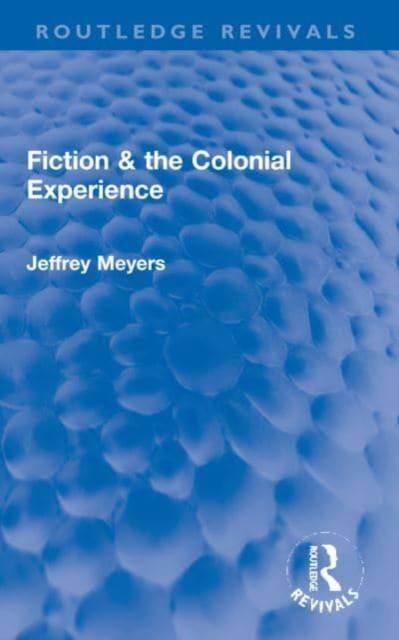
- Retrait gratuit dans votre magasin Club
- 7.000.000 titres dans notre catalogue
- Payer en toute sécurité
- Toujours un magasin près de chez vous
- Retrait gratuit dans votre magasin Club
- 7.000.0000 titres dans notre catalogue
- Payer en toute sécurité
- Toujours un magasin près de chez vous
Description
British colonialism provided a rich vein of material for the novelists of the first half of the 20th century. This study, originally published in 1968, looks at five writers and their reaction to the Empire: Rudyard Kipling, E. M. Forster, Joseph Conrad, Joyce Cary and Graham Greene. It shows how the romantic adventure stories of Kipling's early days, in which the indigenous population plays almost no part, gave rise to the much more important novels of spiritual and moral conflict in which the stereotyped values of Empire are questioned.
The decline of colonialism from its apogee in the 1880s within a relatively short period makes the novels discussed a compact group, so that not only is the use of colonial material closely studied, but its impact on the novelists themselves emerges clearly. This is an important study of a major literary theme, linking modern literature and modern history at a vital point.
Spécifications
Parties prenantes
- Auteur(s) :
- Editeur:
Contenu
- Nombre de pages :
- 158
- Langue:
- Anglais
- Collection :
Caractéristiques
- EAN:
- 9781032190907
- Date de parution :
- 30-11-23
- Format:
- Livre broché
- Format numérique:
- Trade paperback (VS)
- Dimensions :
- 138 mm x 216 mm
- Poids :
- 298 g







